Good vision and healthy eyes should never be taken for granted — most people consider vision their most important sense, making it important to do what we can to keep our vision in good shape. We’ve already discussed in our blog some of the worst foods for your eye health, but today we are talking about the best foods and vitamins for eye health!
Some eye diseases — such as glaucoma and age-related macular degeneration (AMD) — can actually be avoided or mitigated by eating a healthy diet with foods full of vitamins for the eyes.
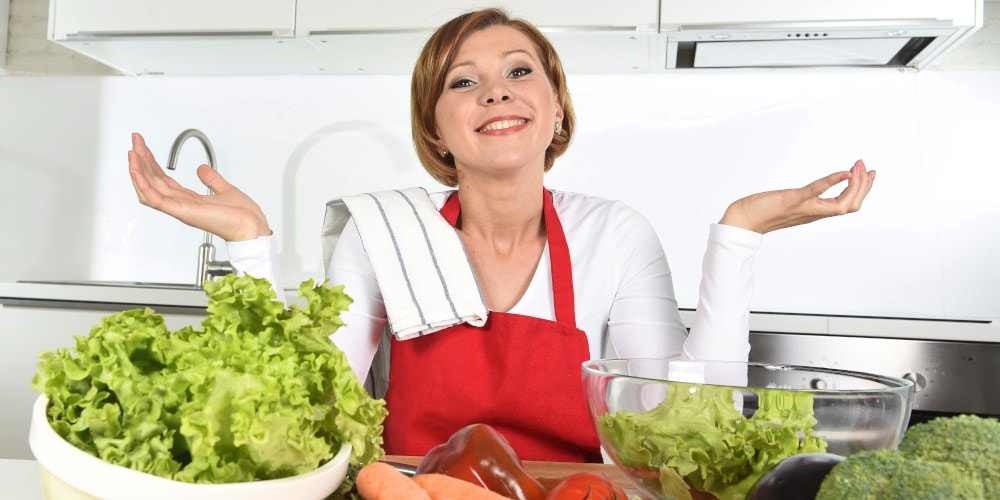
Eating a balanced diet for eye health is not that hard!
The foods we eat can play a significant role in our eye health. Foods rich in essential vitamins and minerals can help protect our vision and prevent eye diseases. Luckily, essential vitamins for eye health are easy to find!
6 essential nutrients for eye health
The National Eye Institute has conducted two Age-Related Eye Disease Studies (AREDS and AREDS2 formula) to examine the effectiveness of vitamin supplements on eye health. Make sure to look at what your daily multivitamin contains. You’ll probably find you’re already getting several of the following nutrients.
Some of the best vitamins to support eye health include:
- Vitamin A — Crucial for good vision, vitamin A helps protect the cornea and is essential for low-light vision.
- Vitamin C — An antioxidant that is believed to protect eyes from oxidative stress.
- Vitamin E — Protects the eyes from free radicals and is vital for healthy skin and immune function.
- Zinc — Plays a vital role in transporting vitamin A from the liver to the retina, essential for melanin production.
- Omega-3 Fatty Acids — Essential for retinal function and visual development.
- Lutein, Zeaxanthin, and Bilberry extract — These carotenoids filter harmful high-energy light waves and can help reduce eye strain from blue light screens.
Have any questions? Please speak with our ophthalmologists who can review your individual eye health needs and explain how dietary supplements may fit in. Please note that overly high doses of some vitamins can be harmful, so always consult with a doctor before adding new vitamin supplements to your routine.
What foods are best for eye health?
Believe it or not, certain foods have been proven to help maintain your ocular health. These include:
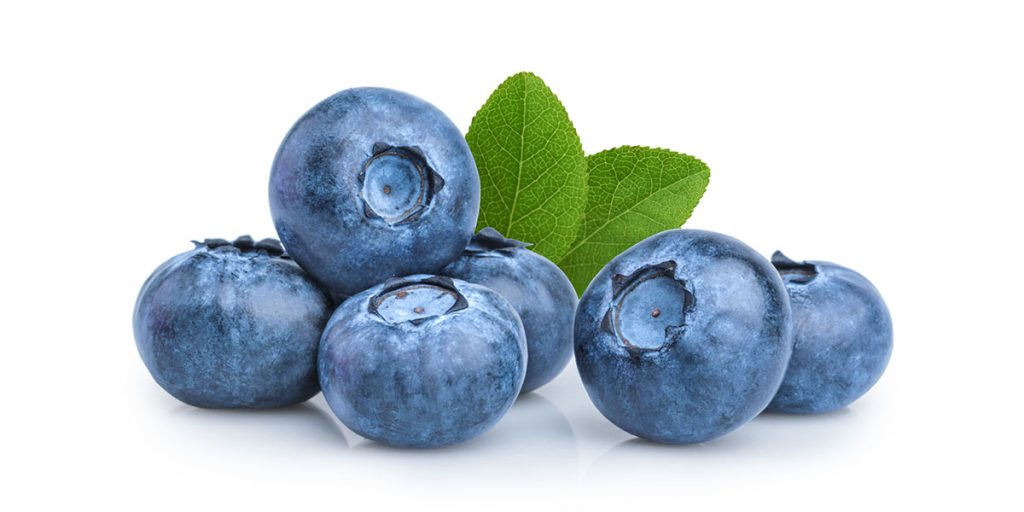
1) Blueberries
Blueberries are a fruit that is near and dear to Dr. Assil’s heart. One of his numerous philharmonic endeavors has been to help develop a tiny rural blueberry farm in Peru into a fast-growing agricultural business that has improved the entire community.
Plus, blueberries are great for eye health! They are loaded with anthocyanins — powerful antioxidants that reinforce the collagen structure in the retina and enhance eye protection. These nutrients may also enhance vision for individuals with normal-tension glaucoma, a condition that affects the optic nerve.
Additionally, anthocyanins help shield the retina from UV damage, which is particularly beneficial if you spend a lot of time in the sun. Similar beneficial anthocyanins can be found in other dark-hued fruits like purple grapes, blackberries, pomegranates, and cranberries.
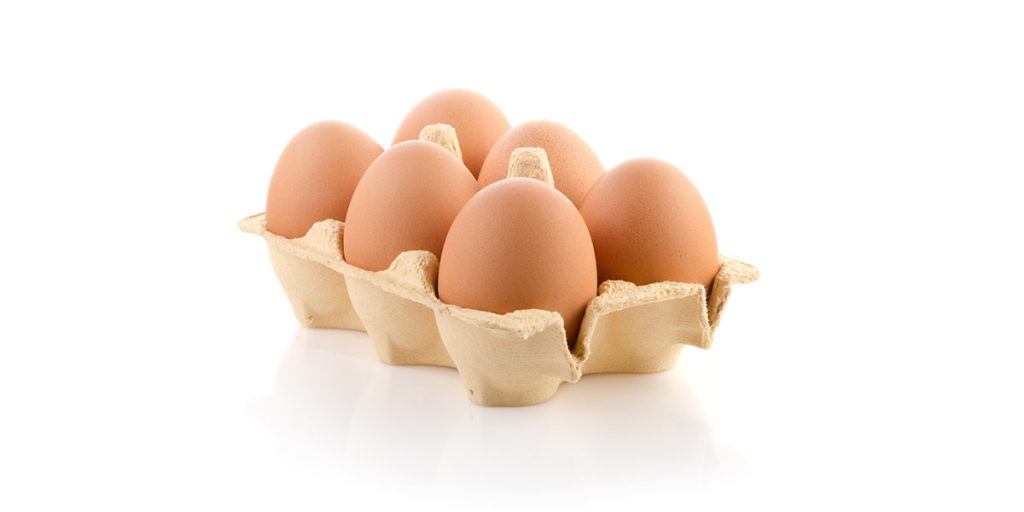
2) Eggs
Egg yolks contain lutein and zeaxanthin, powerful antioxidants that are more readily absorbed due to the high fat content in eggs. According to a 2020 cohort study of more than 3,600 people age 49 and older eating two to four eggs a week significantly reduced a person’s risk of developing late-stage age-related macular degeneration (AMD).
Additionally, egg yolks provide a substantial amount of choline, which can help slow glaucoma, and vitamin D, an antioxidant which may help slow the progression of AMD.
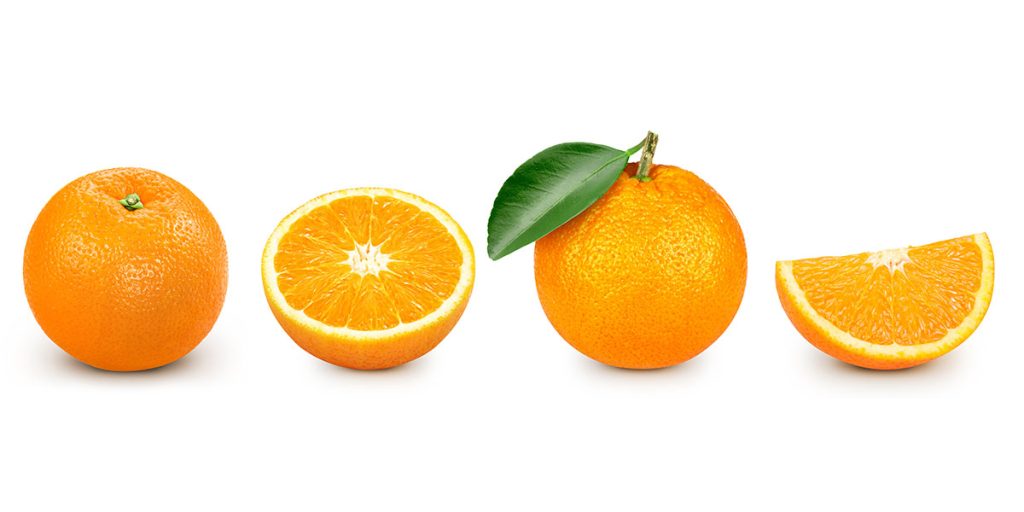
3) Oranges and other citrus fruits
Vitamin C is often humorously dubbed “vitamin See” because of its role in eye health. This powerful antioxidant is great for your blood vessels and aids in shielding the eyes from free radicals, potentially lowering your risk of cataracts and macular degeneration development. it is vital for collagen production, which supports the structural integrity of the cornea.
Lots of other foods offer vitamin C, including peaches, red bell peppers, tomatoes, and strawberries.
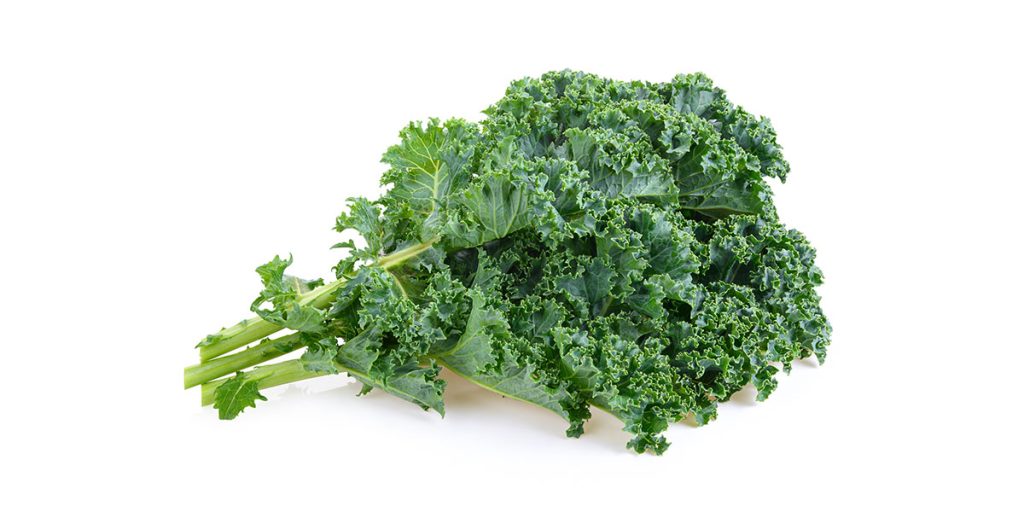
4) Kale and other leafy green vegetables
Leafy vegetables like kale, spinach, collard greens, brussels sprouts, and turnip greens are excellent sources of lutein and zeaxanthin, two antioxidants concentrated in the eye’s macula. Lutein is particularly effective at filtering out blue light, commonly emitted by digital screens.
A study published in the American Journal of Clinical Nutrition in 2019 reported that increasing daily intake of lutein or zeaxanthin by 10 mg could lower the risk of age-related cataracts by 26%. These nutrients also support healthy blood flow to the eyes.
Since lutein and zeaxanthin are fat-soluble, adding olive oil to these greens can enhance their absorption and add a flavorful touch.
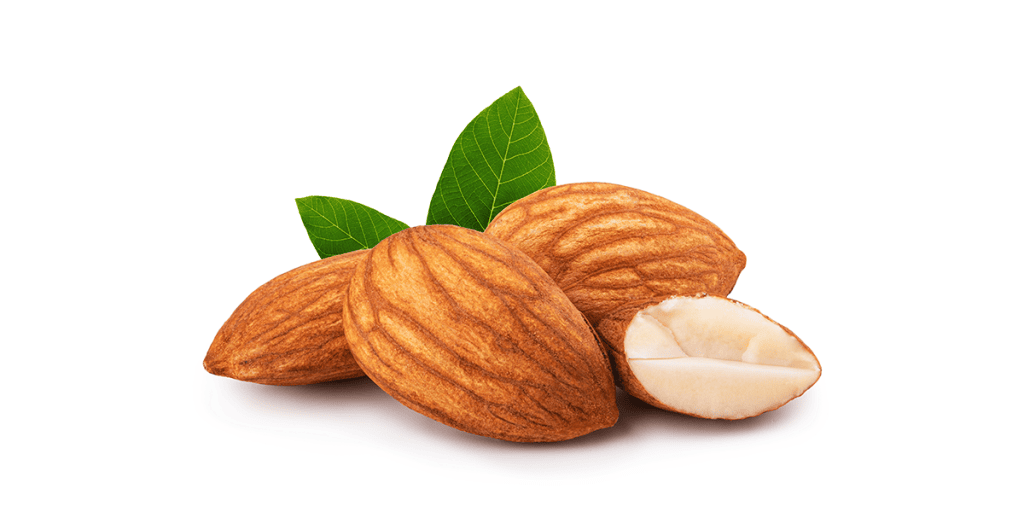
5) Almonds
Almonds are an excellent source of vitamin E, an antioxidant that helps protect the eyes from damage caused by free radicals. Studies suggest that individuals over the age of 50 who consume high levels of vitamin E, along with vitamin C, zinc, and omega-3 fatty acids, significantly reduce their risk of AMD.
The suggested daily allowance for vitamin E is 15mg, equivalent to roughly two ounces of almonds. Additional rich sources of vitamin E include sunflower seeds, hazelnuts, vegetable oils, and peanuts.
Schedule your consultation today with the internationally recognized doctors at AGEI
Or call
866-945-2745
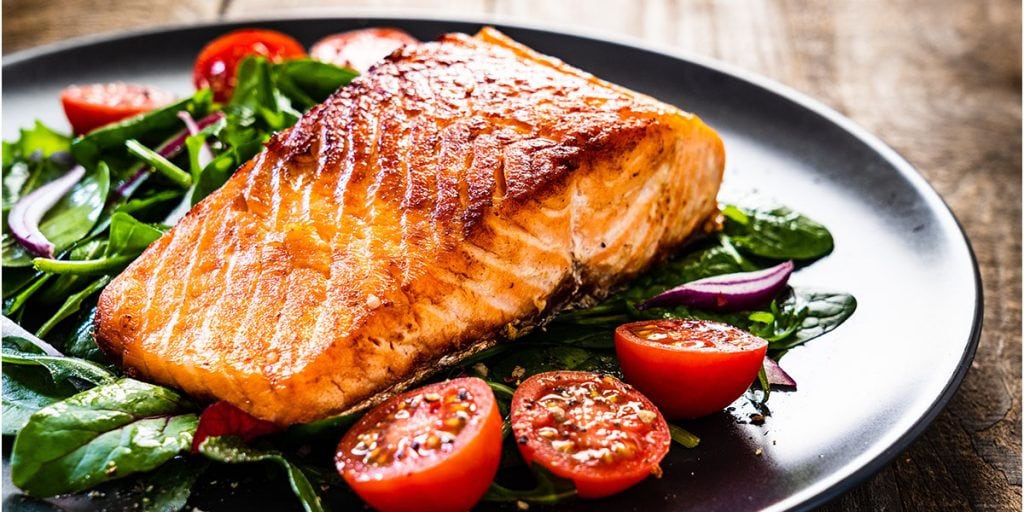
6) Salmon and other fatty fishes
Consuming omega-3 fatty acids is essential for eye health. Your retinas need two types of omega-3 fatty acids to work right: DHA and EPA. You can find both in fatty fish, such as salmon, tuna, sardines, and trout.
Omega-3s are good for tear function, so adding extra fatty fish or fish oil may help people with dry eyes. Flaxseed, walnuts, and chia seeds are also good sources of Omega-3 for people who don’t eat fish.
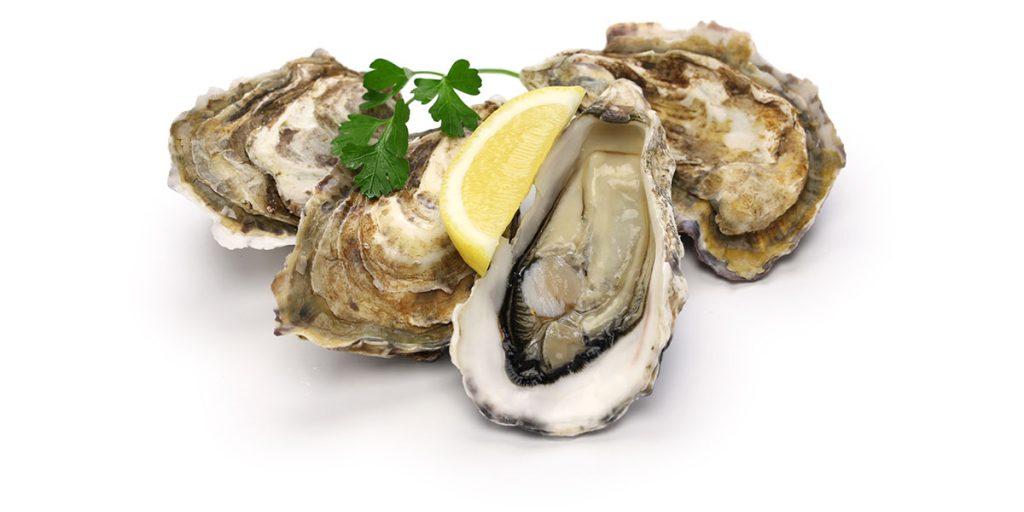
7) Oysters and other shellfish
Shellfish like oysters are among the best sources of zinc, which protects the eyes against the damaging effects of sunlight. Zinc brings vitamin A from your liver to your retina, where it’s used to make the protective pigment melanin.
In high doses, zinc also appears to slow the progression of AMD once you have the early stages of the disease. Additionally, it may also help guard against certain types of night blindness.
Women need eight milligrams a day and men 11 milligrams. Oysters are a great source of minerals, but you can also get plenty of zinc from lean red meat, poultry, beans, and legumes.
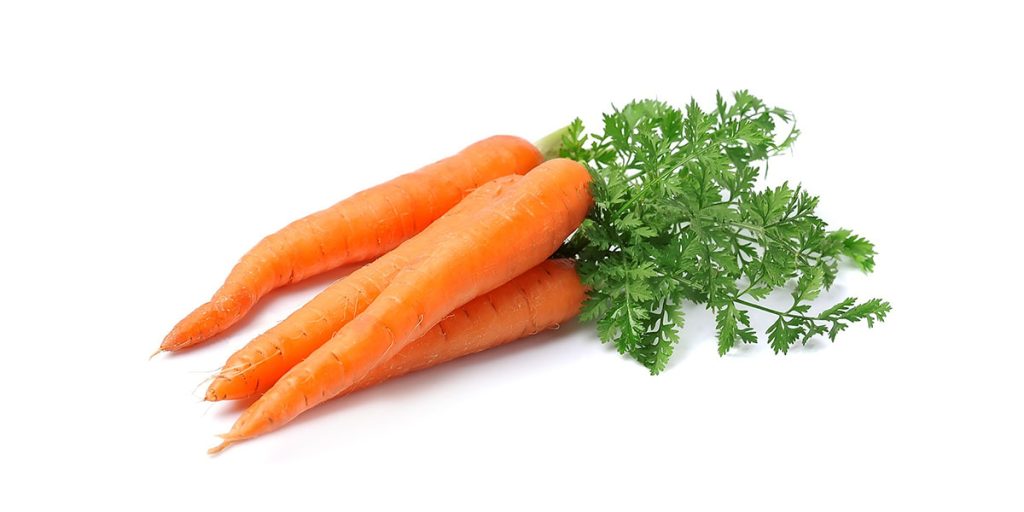
8) Carrots
Most people already associate carrots with good eye health. Packed with beta-carotene, a form of vitamin A, carrots support optimal vision. Vitamin A is crucial for producing rod and cone cells, which aid in seeing under dim lighting and discerning colors. When vitamin A is deficient, problems with night vision can develop.
Furthermore, beta-carotene protects the eyes from free-radical damage that can lead to vision problems. Regularly consuming foods high in this nutrient could reduce the risk of developing eye diseases such as macular degeneration, cataracts, and glaucoma.
Beta-carotene is often found in orange foods such as cantaloupe, mangos, and apricots.
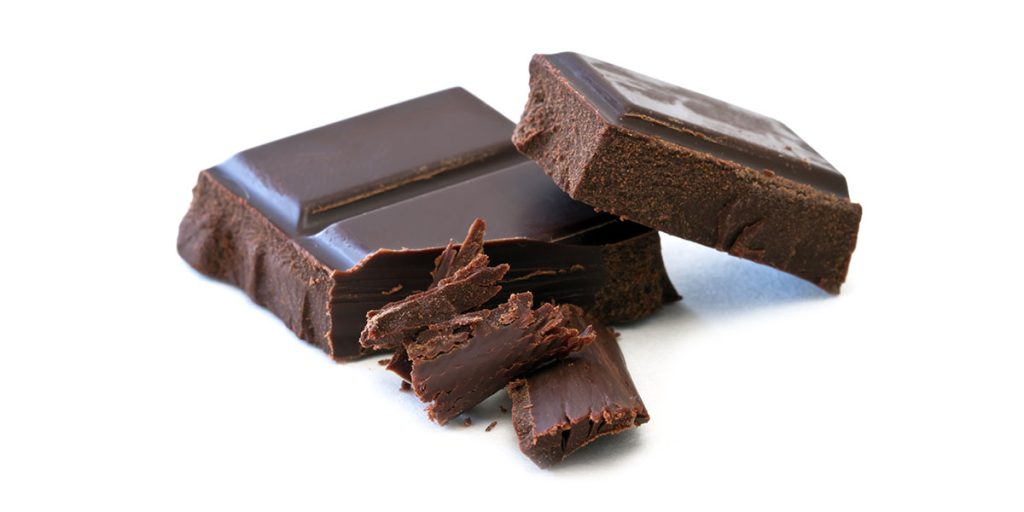
9) Dark Chocolate
This is Dr. Assil’s favorite food on the list by far! Research from a 2018 study by JAMA Ophthalmology suggests that consuming dark chocolate could provide immediate short-term vision improvements.
Participants who indulged in dark chocolate experienced notable improvements in visual acuity and contrast sensitivity about two hours later.
Dark chocolate’s rich flavonoid content may benefit those with glaucoma and potentially lower the risk of developing macular degeneration.
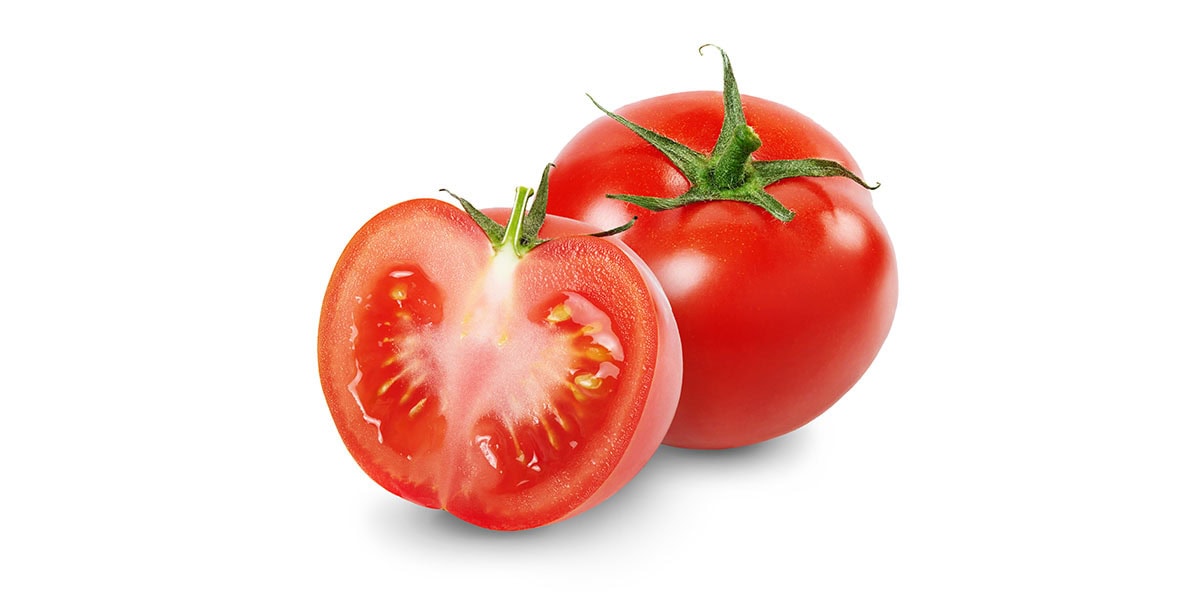
10) Tomatoes
Tomatoes are an excellent source of several nutrients crucial for maintaining eye health, including lycopene and the antioxidants lutein, zeaxanthin, and beta-carotene. These antioxidants aid in guarding against UV damage and cataract formation.
Other rich sources of lycopene are watermelon, pink grapefruit, papaya, and dried apricots.
Some tips on incorporating eye-healthy foods into your diet
Adding these foods into your diet can help maintain eye health:
- Eye-healthy foods for breakfast — Start your day with a spinach omelet to pack in lutein or add berries to your yogurt for a vitamin C and antioxidant boost.
- Eye this for lunch — A salad with kale, nuts, and slices of citrus fruit provides a mix of essential nutrients.
- Have an eye-opening dinner — A salmon dish with a side of sweet potatoes for a fulfilling meal rich in omega-3s and vitamin A.
- Keep your eyes open for healthy snacks — Carrots with hummus or a handful of almonds will keep your vitamin intake between meals.
Why does the Assil Gaur Eye Institute have the best ophthalmologists near me?
The Assil Gaur Eye Institute (AGEI) has been named the Best Ophthalmologists in Los Angeles year after year by Los Angeles Magazine. Optometrists from all over Southern California refer their patients to us for care.
The eye doctors at AGEI have extensive experience in all eye conditions and are nationally recognized for their advanced treatments for cataracts, glaucoma, macular degeneration, and diabetic retinopathy. They are also the inventors of EagleVision LASIK, the most advanced laser vision correction method available today and the choice of those who make their living with their eyes, like LeBron James, Paul George, Chris Paul, and thousands of others.
Please call 866-945-2745 to schedule your eye exam or make an appointment online.
We are conveniently located for patients throughout Southern California and the Los Angeles area in or near Beverly Hills, Santa Monica, West Los Angeles, West Hollywood, Culver City, Hollywood, Venice, Marina del Rey, Malibu, Manhattan Beach, and Downtown Los Angeles.
Sources:
Age-Related Eye Disease Study Research Group. “A randomized, placebo-controlled, clinical trial of high-dose supplementation with vitamins C and E, beta carotene, and zinc for age-related macular degeneration and vision loss: AREDS report no. 8.” Archives of ophthalmology (Chicago, Ill. : 1960) vol. 119,10 (2001): 1417-36. doi:10.1001/archopht.119.10.1417
Rasmussen, Helen M, and Elizabeth J Johnson. “Nutrients for the aging eye.” Clinical interventions in aging vol. 8 (2013): 741-8. doi:10.2147/CIA.S45399
Sae-Lao, Wipada et al. “Consumption of Lutein and Zeaxanthin and Its Relation to the Level of Macular Pigment Optical Density in Thai Subjects.” Journal of nutrition and metabolism vol. 2022 6321778. 15 Apr. 2022, doi:10.1155/2022/6321778














